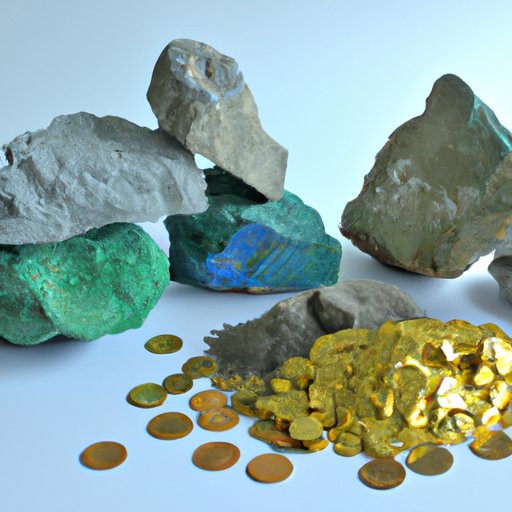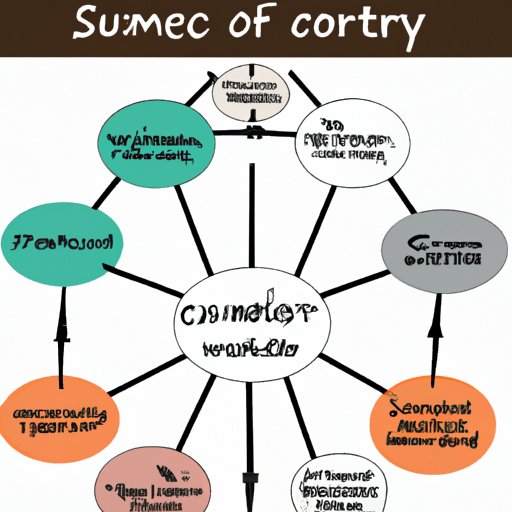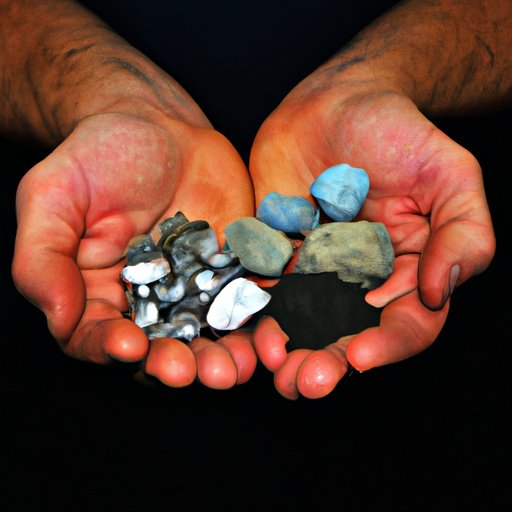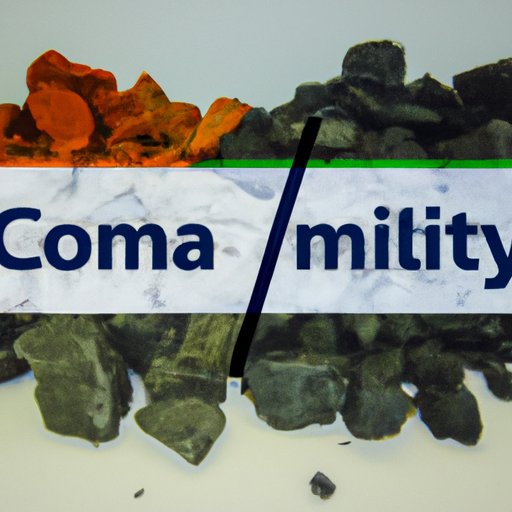Introduction
Conflict minerals, also known as 3TG minerals (tin, tantalum, tungsten and gold) are minerals mined and sold in areas controlled by armed groups which are then used to finance civil wars and other human rights violations. These minerals are found in a variety of products, from electronic devices to jewelry, and have become an increasingly important source of revenue for these armed groups. The illegal trade of conflict minerals has had a devastating effect on many African countries, resulting in widespread poverty, displacement, and human rights abuses.
How Conflict Minerals Fuel Civil Wars in Africa
The illegal trade of conflict minerals is a major driver of civil wars in Africa. In the Democratic Republic of Congo (DRC), for example, armed groups have been fighting over access to the lucrative minerals found in the country’s mines. This has resulted in massive displacement of civilians, more than 5 million deaths since 1998, and ongoing human rights abuses. Other countries affected by conflict minerals include Angola, Burundi, Rwanda, and Uganda.
Conflict minerals are used in a variety of products, from electronics such as cell phones and laptops, to jewelry and coins. The proceeds from the sale of these minerals are used to purchase weapons, fund military operations, and pay militias, all of which contribute to the violence and instability in Africa.
According to the Enough Project, “conflict minerals are linked to some of the world’s deadliest conflicts and are a key source of funding for armed groups that perpetuate violence and human rights abuses.”

The Economic Impact of Conflict Minerals
The illegal trade of conflict minerals has had a devastating effect on the economies of many African countries. According to the World Bank, the DRC alone has lost more than $15 billion since 1998 due to the illegal exploitation of its natural resources. This has resulted in increased poverty, lack of development, and decreased access to basic services such as healthcare and education.
The financial implications of conflict minerals extend beyond Africa. Companies and consumers alike have been impacted by the illegal trade of these minerals. Companies have had to invest in costly compliance measures to ensure that the minerals used in their products are not sourced from conflict zones. Consumers have seen prices rise for certain products as companies pass on the added costs associated with compliance.

The Supply Chain of Conflict Minerals
The supply chain of conflict minerals is complex and opaque. Minerals are often mined in remote and dangerous locations, making it difficult to trace their origin. Once mined, they are transported to processing facilities and then to smelters, where they are turned into metals. Finally, these metals are shipped to manufacturers who use them to produce consumer goods.
Companies face a number of challenges when it comes to ensuring that the minerals used in their products are not sourced from conflict zones. In addition to having to identify and track the source of their minerals, they must also be able to demonstrate that they are compliant with relevant regulations and laws. This can be a costly and time-consuming process.

Companies Working to End the Use of Conflict Minerals
In recent years, a number of companies have taken steps to end the use of conflict minerals in their products. Apple, for example, has implemented a conflict minerals program that requires suppliers to provide detailed information about the origin of the minerals used in their products. Microsoft has also committed to sourcing minerals responsibly and only using those from conflict-free sources.
By taking a stand against the use of conflict minerals, companies can help to reduce the violence and instability in African countries. They can also benefit from improved public perception, increased customer loyalty, and cost savings associated with compliance.
The Risk of Not Knowing Where Your Minerals Come From
With the increasing focus on responsible sourcing of minerals, companies must be aware of the risks associated with not knowing where their minerals come from. There is a risk of reputational damage if it is discovered that a company is sourcing minerals from conflict zones. Additionally, there is the risk of legal action if a company is found to be in violation of relevant regulations and laws.
To mitigate these risks, companies should take steps to ensure that their minerals are sourced responsibly. This includes developing a comprehensive conflict minerals policy, implementing robust due diligence processes, and conducting regular audits of suppliers.
Conclusion
Conflict minerals have had a devastating effect on many African countries, fueling civil wars and contributing to widespread poverty and human rights abuses. The economic impact of these minerals extends beyond Africa, with companies and consumers alike feeling the effects. Companies can help to combat this issue by taking steps to ensure that their minerals are sourced responsibly. Failure to do so could lead to reputational damage and legal action.
It is clear that the illegal trade of conflict minerals has serious consequences and that more needs to be done to combat it. Governments, companies, and consumers all have a role to play in ending this practice and promoting peace and stability in Africa.
(Note: Is this article not meeting your expectations? Do you have knowledge or insights to share? Unlock new opportunities and expand your reach by joining our authors team. Click Registration to join us and share your expertise with our readers.)
